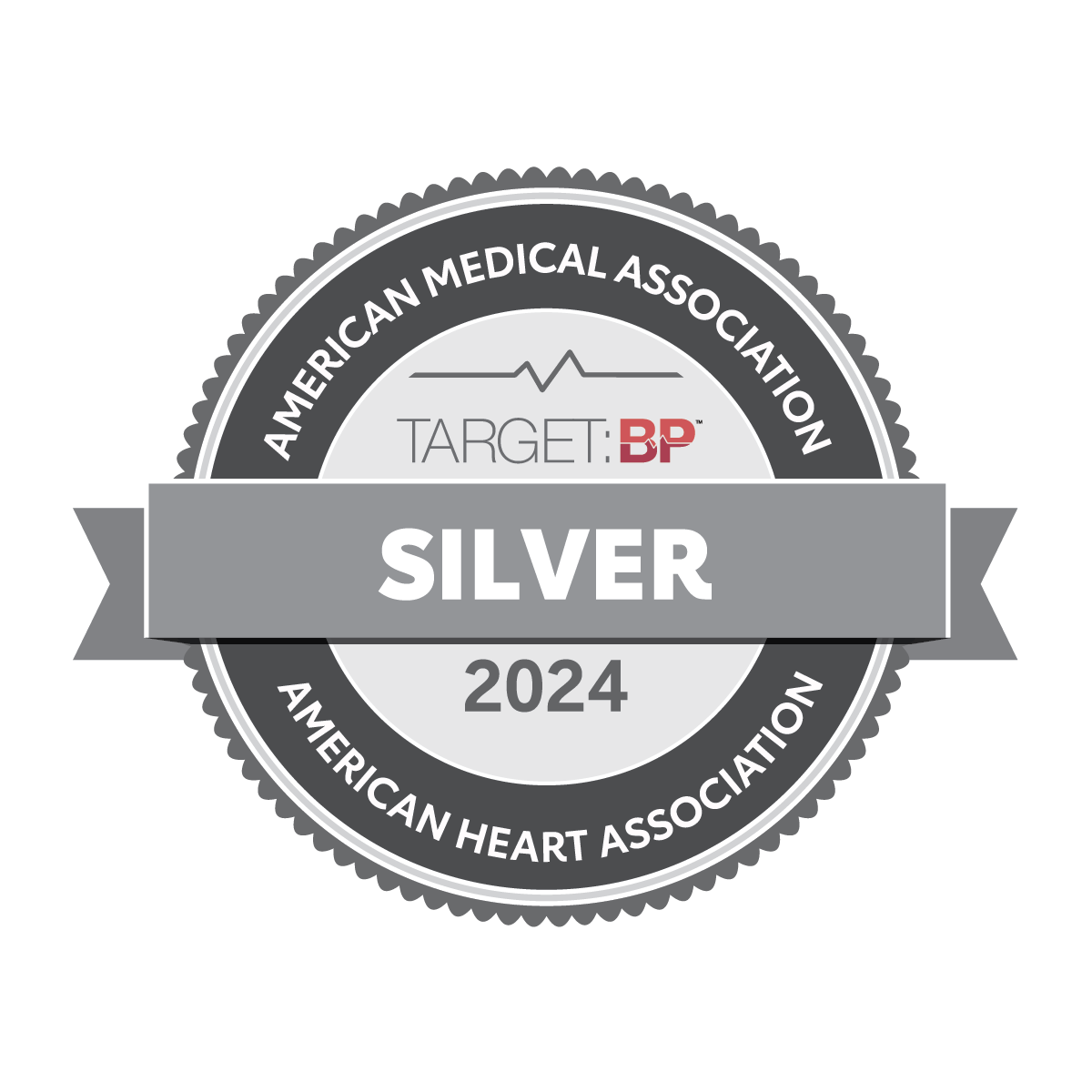Our Services
Hepatitis C Testing and Treatment
What is hepatitis C?
Hepatitis C is a viral infection that causes liver disease. More than 4 million people in the U.S. are infected with hepatitis C and over half of them remain undiagnosed. The Wright Center is here to help you get tested, treated, and cured of this life-threatening disease.
Those at increased risk for contracting hepatitis C who should be screened for infection include baby boomers (born between 1946-1965); blood transfusion recipients (before 1992); people who have undergone long-term dialysis treatments; anyone who has injected or inhaled illicit drugs; people living with HIV; babies born to mothers diagnosed with hepatitis C; and sexual partners of anyone diagnosed with hepatitis C.
Remember, hepatitis C is curable and easily treatable. Let us help you create a treatment plan.
All adults, especially pregnant women and people with risk factors, should get tested for hepatitis C
Most people who get infected with hepatitis C will develop a chronic, or lifelong, infection. Left untreated, chronic hepatitis C can cause serious health problems including liver disease, liver failure, liver cancer, and even death.
The hepatitis C virus is usually spread when someone comes into contact with blood from an infected person. This can happen through:
- Sharing drug-injection equipment
Today, most people become infected with hepatitis C by sharing needles, syringes, or any other equipment used to prepare and inject drugs.
- Health care exposures
Although this type of exposure is uncommon, people can become infected when health care professionals do not follow the proper steps needed to prevent the spread of bloodborne infections.
- Sex with an infected person
While uncommon, hepatitis C can spread during sex, though it has been reported more often among men who have sex with men.
- Unregulated tattoos or body piercings
Hepatitis C can spread when getting tattoos or body piercings in unlicensed facilities, informal settings, or with non-sterile instruments.
- Sharing personal items
People can get infected from sharing glucose monitors, razors, nail clippers, toothbrushes, and other items that may have come into contact with infected blood, even in amounts too small to see.
- Blood transfusions and organ transplants
Before widespread screening of the blood supply in 1992, hepatitis C was also spread through blood transfusions and organ transplants.
- Birth
Approximately 6% of infants born to infected mothers will get hepatitis C.

What are the symptoms?
Many people with hepatitis C do not have symptoms and do not know they are infected. Symptoms can include: yellow skin or eyes, not wanting to eat, upset stomach, throwing up, stomach pain, fever, dark urine, light-colored stool, joint pain, and feeling tired.
If symptoms occur with a new infection, they usually appear within two to 12 weeks, but can take up to six months to develop. People with chronic hepatitis C can live for years without symptoms or feeling sick. When symptoms appear with chronic hepatitis C, they often are a sign of advanced liver disease.
Getting tested is the only way to know if you have hepatitis C.
A blood test called a hepatitis C antibody test can tell if you have been infected with the hepatitis C virus — either recently or in the past. If you have a positive antibody test, another blood test is needed to tell if you are still infected or if you were infected in the past and cleared the virus on your own.
The Wright Center for Community Health offers hepatitis care, including testing and treatment, at its primary care offices. To schedule an appointment, call 570-941-0630.



















































